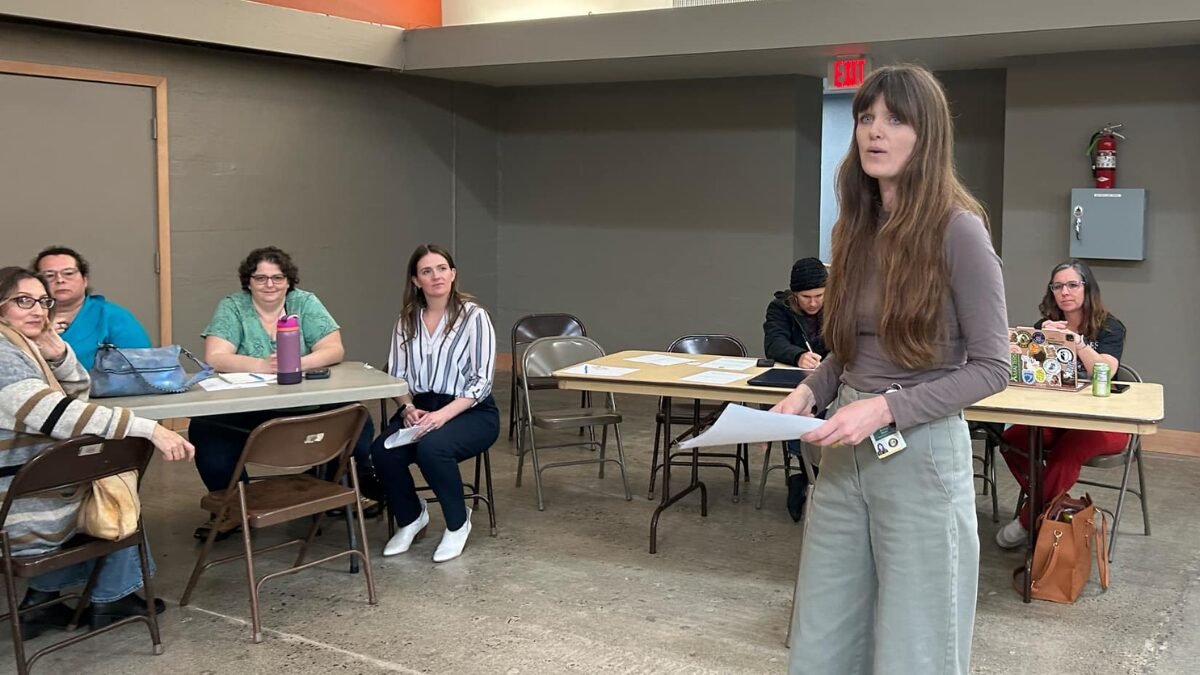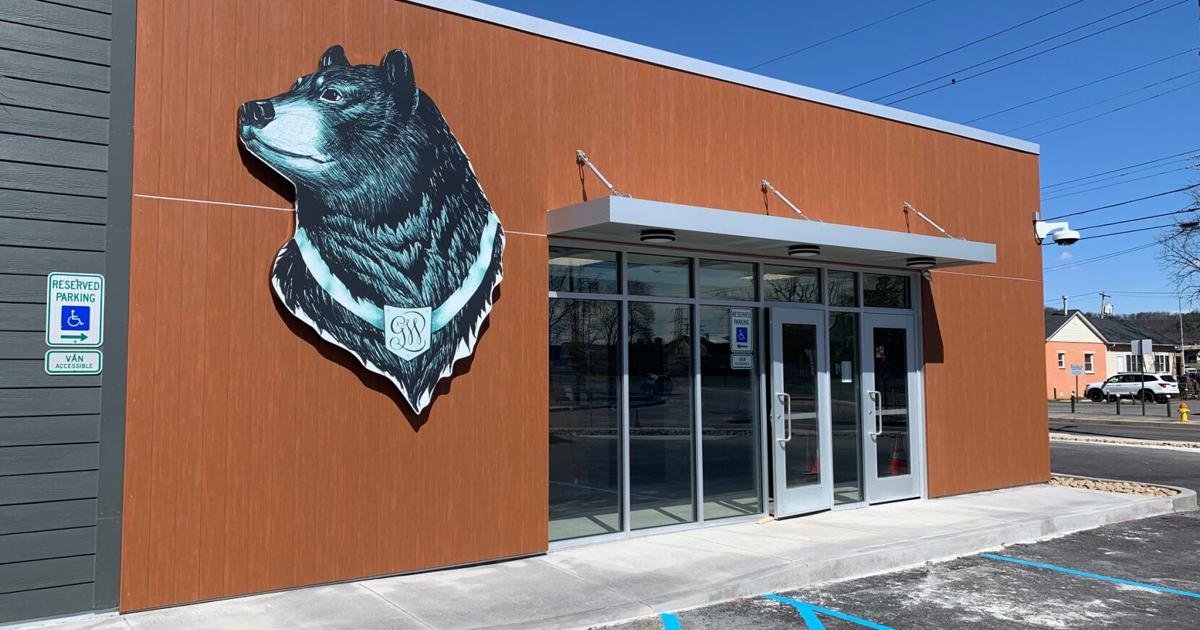Licensed cannabis growers in Mendocino County expressed their frustrations during the Economic Development meeting held in Willits on March 27. They highlighted the significant challenges they face while operating in a heavily regulated industry. Representatives from the Mendocino County Producers Guild, the Mendocino Cannabis Alliance, and various stakeholders discussed issues such as overregulation, zoning restrictions, and the inability to sell directly to consumers. With small farmers struggling to compete against larger operations and the unlicensed market, they called on the county to take action to support the local cannabis industry.
Cannabis license holders in California are subject to oversight from multiple state and county agencies, including the Department of Cannabis Control, Department of Fish and Wildlife, State Water Resources Control Board, California Department of Public Health, and the Cannabis Track and Trace System. Additionally, local departments, including Cannabis and Building and Planning, impose their own regulations. Growers are required to track and report their water, pesticide usage, and air quality to these various agencies. Meeting attendees noted a lack of communication among these agencies, with one participant stating that it is “not the farmers’ responsibility to educate the agencies.”
Despite the stringent regulations faced by licensed growers, unlicensed cannabis is widely available on the black market. This unregulated cannabis undermines the licensed market by driving prices down. While licensed growers can only sell their products within California, unlicensed sellers operate illegally across state lines without paying taxes. Furthermore, licensed cannabis undergoes rigorous testing, whereas unlicensed products may contain harmful pesticides and mold.
The average price for licensed cannabis fell sharply from $1,377 per pound in 2020 to just $721 per pound in 2024, according to the January 2025 California Cannabis Market Outlook Report commissioned by the California Department of Cannabis Control.
Mendocino’s cannabis farmers also expressed concern over community resentment and negative perceptions. One attendee remarked, “We are billed as criminals,” highlighting the stigma that still surrounds legal cannabis farming. The growers emphasized the need for zoning laws that better accommodate and support the cannabis industry in their area.




